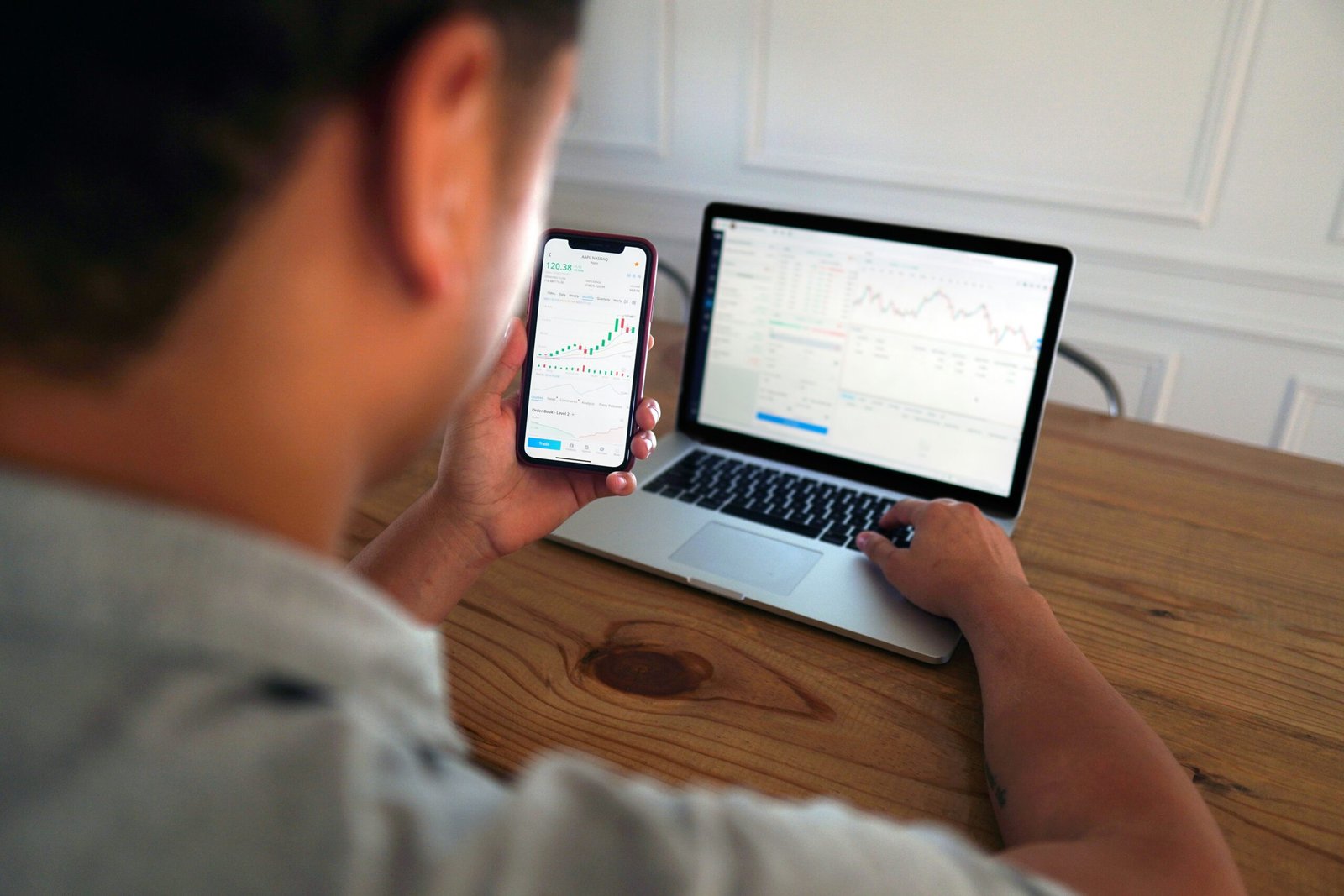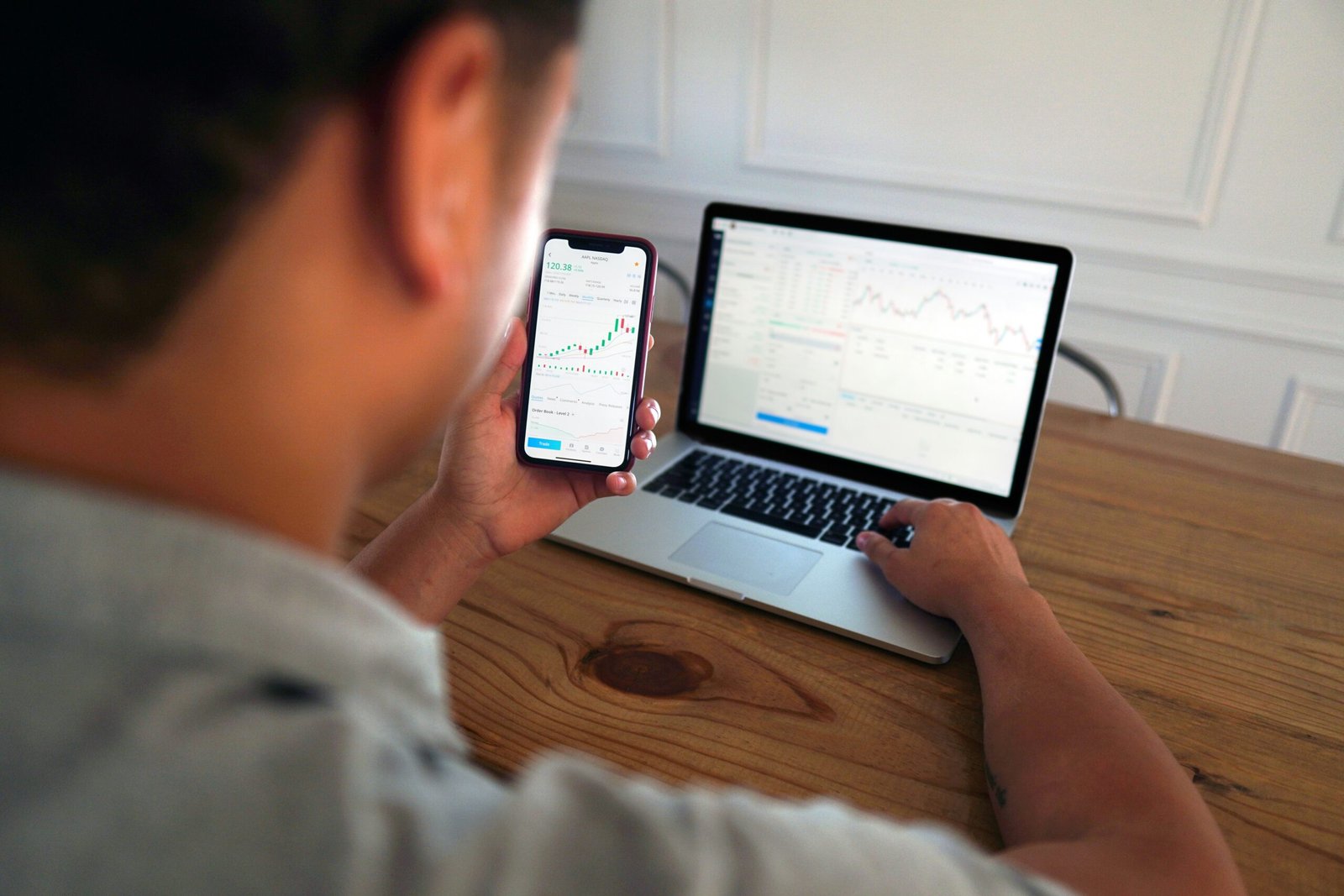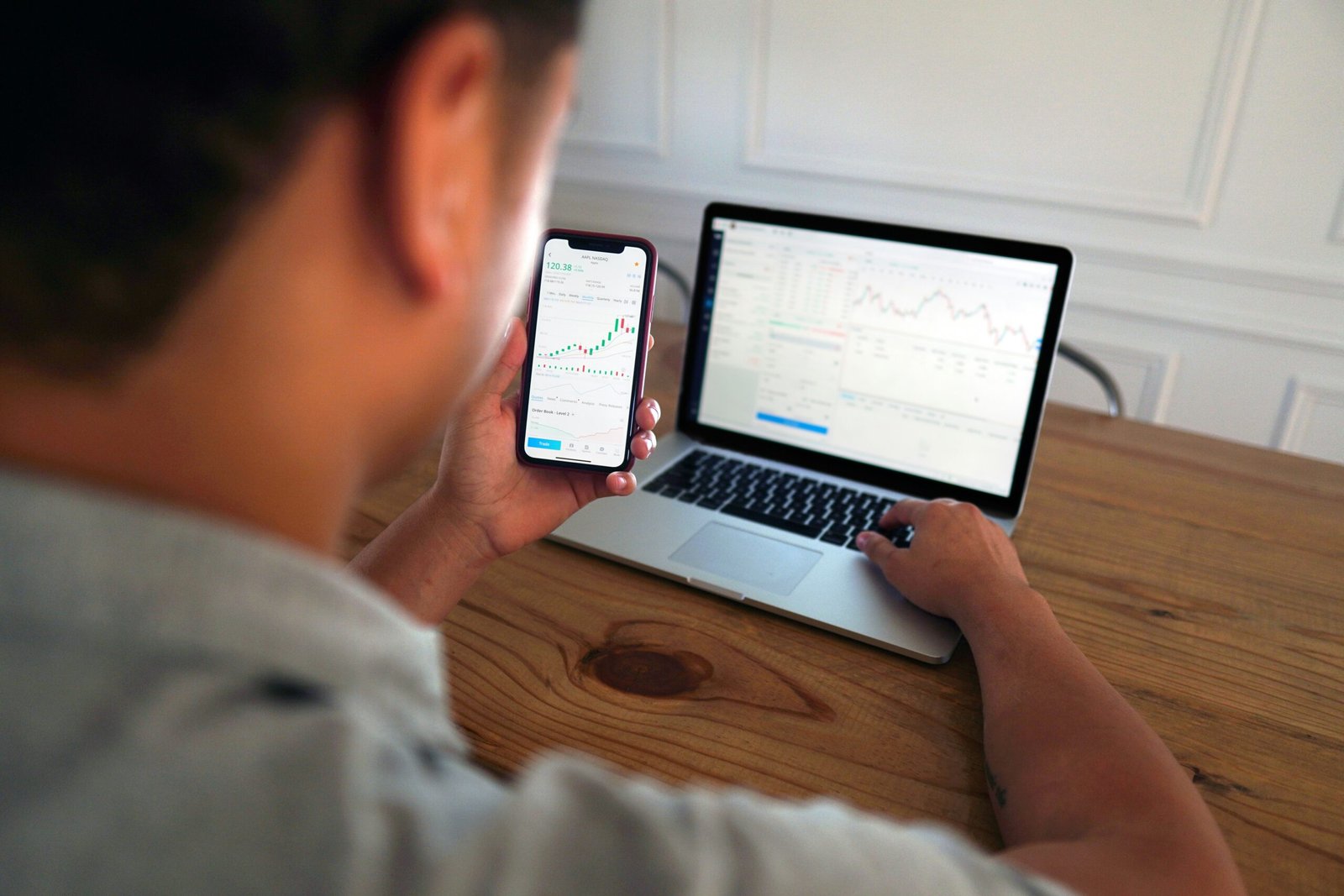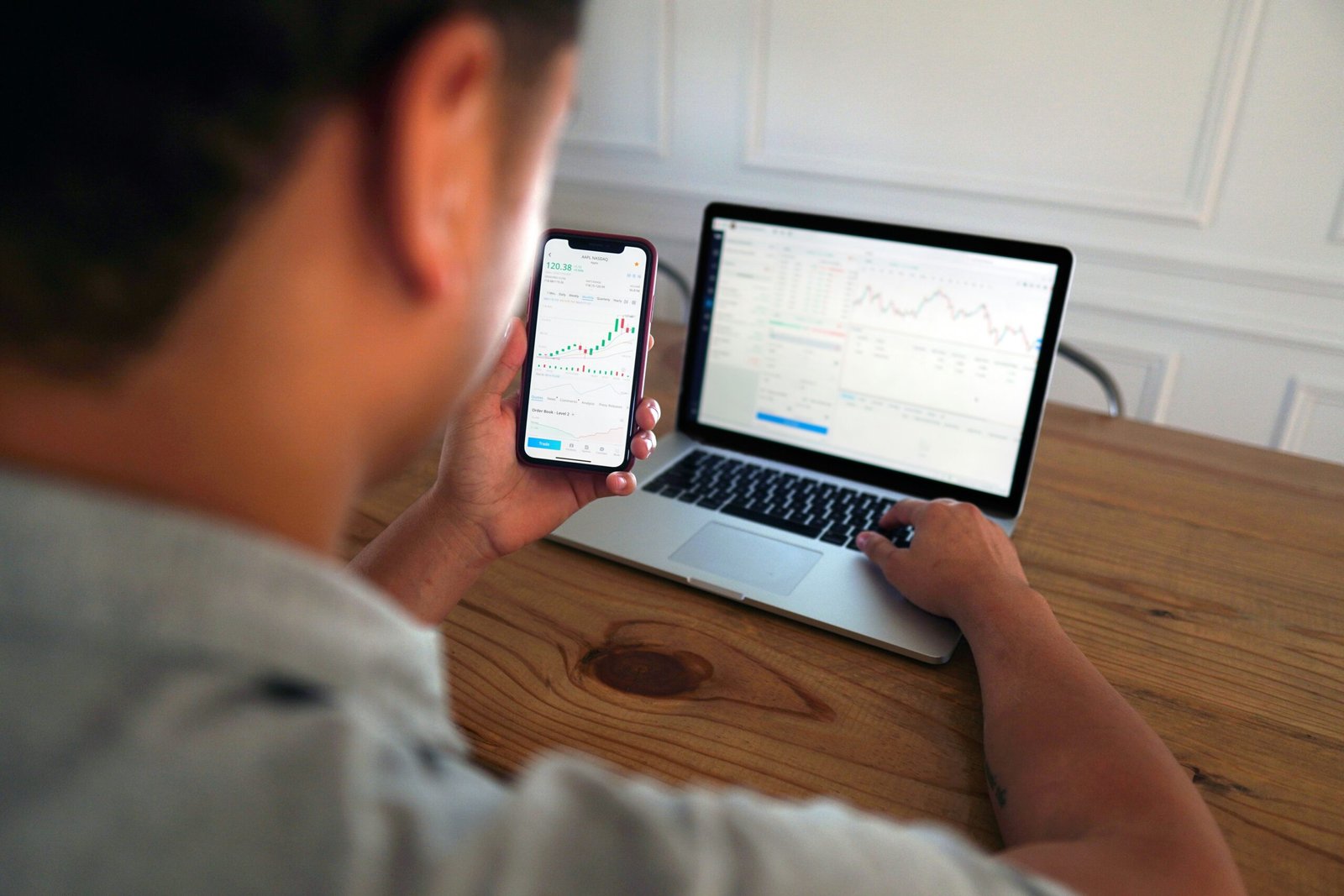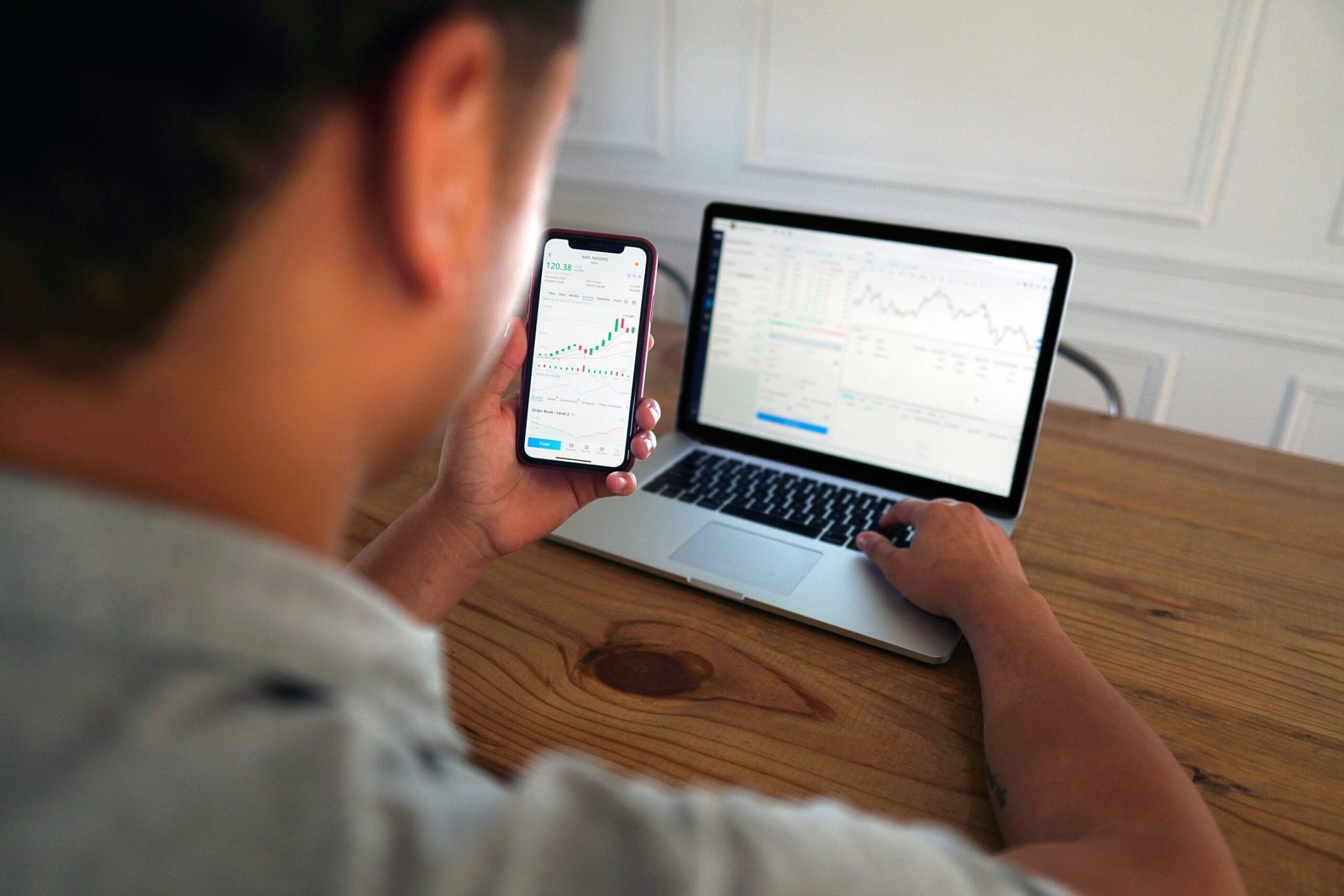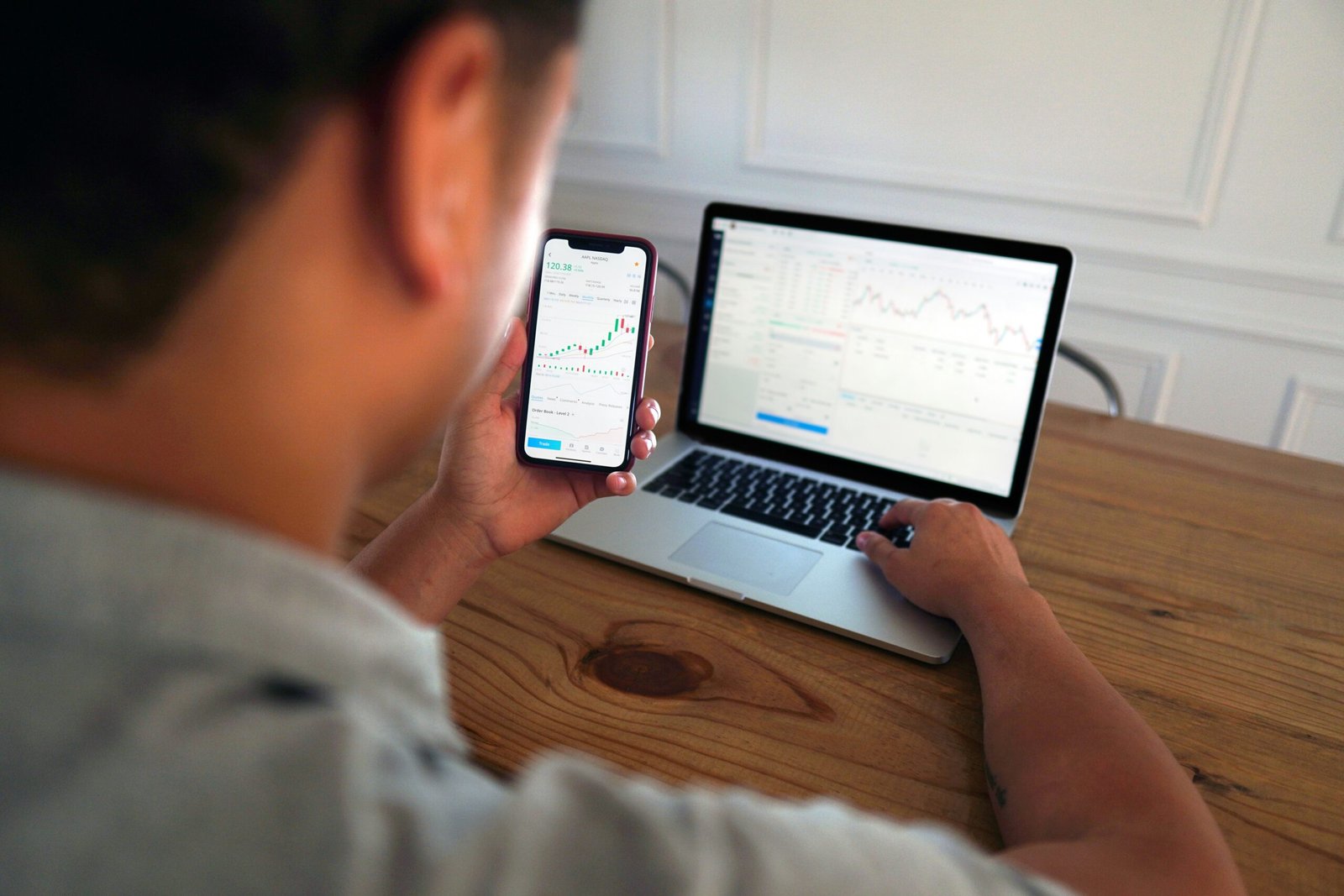The Ultimate Guide to Trusted Forex Brokers: Find Your Best Match
Introduction to Forex Trading
Forex trading, short for foreign exchange trading, involves the buying and selling of currencies in a global marketplace. As the largest and most liquid financial market in the world, forex trading operates 24 hours a day, five days a week, enabling traders from various backgrounds to participate in currency speculation. The primary objective of participants in this market is to profit from fluctuations in exchange rates between different currency pairs, such as the euro against the U.S. dollar (EUR/USD) or the British pound against the Japanese yen (GBP/JPY).
The forex market functions as an over-the-counter (OTC) market, meaning transactions are conducted directly between parties, usually through electronic trading platforms. Unlike traditional stock exchanges, forex trading does not have a centralized location, which allows for greater flexibility in executing trades. This decentralized nature contributes to significant volume and volatility, attracting both amateur and professional traders seeking opportunities for financial gains.
One of the many reasons forex trading has gained immense popularity is its accessibility. With the advent of technology, aspiring traders can access the market with minimal capital and trade from virtually anywhere with an internet connection. Additionally, leverage is often provided by forex brokers, enabling traders to control larger positions with smaller amounts of invested capital. However, while leverage can amplify profits, it also increases the risk of losses, making the choice of a trusted forex broker paramount for a successful trading experience.
In this landscape, selecting a reliable forex broker is essential. A trusted forex broker can provide essential tools, resources, and support necessary to navigate the complexities of currency trading. Furthermore, they can offer competitive spreads and efficient execution, which are critical for optimizing trading performance and achieving long-term financial goals. Understanding the importance of these factors is crucial for both novice and experienced traders alike as they seek to establish a foothold in the forex market.
The Importance of Choosing a Trusted Forex Broker
In the dynamic and often volatile world of foreign exchange trading, selecting a trusted Forex broker is of paramount importance. Traders face numerous challenges, and the consequences of aligning with an untrustworthy broker can be severe, instigating significant financial losses and distress. A reliable broker operates in accordance with established financial regulations, ensuring that traders’ funds are secure and transactions are safeguarded against potential fraud and manipulation.
First and foremost, a trusted Forex broker typically provides a transparent environment where traders can execute their strategies without the fear of being taken advantage of. Unreliable brokers may engage in unethical practices such as slippage manipulation, where they adjust the execution price unfavorably, or even potential fund misappropriation. This not only jeopardizes a trader’s investments but also leads to a loss of confidence in the trading experience as a whole.
Furthermore, a reputable broker can enhance trading security by utilizing advanced technology and systems. Trusted Forex brokers often invest in robust security measures, including encryption protocols and two-factor authentication, ensuring that traders’ personal and financial information is well-protected. This breeds an environment of trust, allowing traders to focus on their trading strategies without unnecessary distractions or concerns about their funds’ safety.
Moreover, a reliable broker offers better trading conditions, which are essential for successful trading. This includes tighter spreads, efficient order execution, and a diverse range of trading instruments. Such advantages not only enhance profitability potential but also cater to varying trading styles and preferences. Thus, choosing a trusted Forex broker is not merely a matter of preference but a critical factor that can significantly influence a trader’s success in the Forex market.
Key Features to Look for in a Forex Broker
When selecting a forex broker, it is essential to evaluate several key features that can significantly impact your trading experience and outcomes. One of the most critical factors is regulatory oversight. A reliable forex broker should be registered with regulatory authorities, ensuring compliance with stringent guidelines and providing a degree of security for your funds. Look for brokers who are regulated by reputable organizations, as this can often serve as a safeguard against unethical practices.
Another essential feature is the trading platform offered by the broker. A robust and user-friendly trading platform allows traders to execute trades efficiently, analyze market trends, and access various trading tools. It is advisable to look for brokers that provide a demo account, enabling you to test the platform before committing real funds. The inclusion of advanced charting capabilities and technical analysis tools can enhance your trading strategies.
Customer support is also a vital consideration. A reputable forex broker should offer responsive and knowledgeable customer service that can help traders address concerns or technical issues promptly. Availability through multiple channels, such as live chat, email, and phone support, is beneficial for traders in different time zones.
In addition, attention should be paid to the spreads and commissions charged by the broker. Competitive spreads can significantly affect trading profitability, especially for active traders. Assessing the broker’s execution speed is crucial as well; delays in order execution can lead to slippage, adversely affecting trade outcomes. Leverage options also hold importance, as they determine the potential risk and return on investments. Finally, consider the educational resources provided by the broker; informative materials can aid traders in enhancing their knowledge and improving their strategies.
Top Regulated Forex Brokers in 2023
In 2023, the forex trading landscape is characterized by an array of regulated brokers that operate under stringent guidelines to foster a safe trading environment. The importance of trading with a regulated forex broker cannot be overstated, as these institutions are held accountable by financial authorities and offer greater protection to traders. Our curated list highlights some of the top regulated forex brokers based on their regulatory status, reputation, and unique offerings.
One of the premier choices for traders this year is IG Group. Regulated by top-tier authorities such as the Financial Conduct Authority (FCA) in the UK, IG offers a comprehensive trading platform coupled with an expansive range of forex pairs. Its user-friendly interface and advanced trading tools cater to both beginners and experienced traders, making it a highly recommended option.
TD Ameritrade is also a noteworthy contender in the realm of regulated forex brokers. With regulation from the Commodity Futures Trading Commission (CFTC) and membership in the National Futures Association (NFA), TD Ameritrade ensures high standards of client protection. The broker is particularly favored for its extensive educational resources and research tools, empowering traders to make informed decisions.
Another reliable broker is OANDA, regulated by multiple authorities, including the CFTC and the FCA. OANDA stands out with its innovative technology and data-driven trading tools, which provide traders with a competitive edge. Its transparent pricing structure and user-friendly platform further enhance its appeal.
Lastly, Forex.com is distinguished by its regulatory standards and reputation in the market. As a subsidiary of StoneX Group, it boasts regulatory oversight from institutions like the NFA and FCA. Forex.com is well-respected for its robust platform and comprehensive market research, appealing to both novice and seasoned traders.
These brokers exemplify the trustworthiness and regulatory compliance that traders should seek in a forex broker, making them ideal partners for navigating the complexities of forex trading in 2023.
Comparative Analysis of Popular Forex Brokers
In the ever-evolving landscape of forex trading, selecting the right broker is crucial for both new and experienced traders. This section presents a comparative analysis of several well-known forex brokers, allowing traders to evaluate their strengths and weaknesses effectively.
To facilitate a clearer understanding, we examine key attributes such as trading platforms, fee structures, asset offerings, and overall user experience.
First, we consider Broker A, which is recognized for its robust trading platform that includes advanced charting tools and a user-friendly interface. It offers a competitive fee structure, particularly for high-volume traders, which enhances profitability. However, it may lack in the variety of available currency pairs compared to some competitors.
Next, Broker B stands out due to its extensive asset offerings, allowing traders to access not just major and minor currency pairs but also exotic options. This broker provides an intuitive trading experience; however, it has a higher fee structure, which may deter some traders, especially those focused on cost-effective trading.
Furthermore, Broker C boasts a reputation for excellent customer service, featuring various support channels and educational resources. While its trading platform is slightly less advanced than others, the wealth of learning materials makes it an excellent choice for beginners. Its fee structure is moderate, balancing the cost of trading with the value of added support.
Finally, Broker D is notable for its low spreads and seamless withdrawal processes, providing a positive user experience overall. However, it may not offer the same depth of technical analysis tools found in other platforms, which could be a drawback for seasoned traders who rely heavily on advanced analyses.
Through this comparative analysis, traders can better assess which forex broker aligns closely with their trading needs and objectives. Each broker presents unique advantages and limitations, emphasizing the importance of personal priorities in selecting the right trading partner.
User Reviews and Experiences with Brokers
When navigating the foreign exchange market, user reviews serve as a crucial resource for evaluating the credibility and reliability of Forex brokers. These testimonials provide potential traders with real-world insights into the performance and practices of various brokers, thereby assisting them in making informed decisions. User-generated content can be found on numerous platforms, including dedicated financial forums, social media, and specialized review websites. Such platforms often aggregate user experiences, presenting a holistic view of a broker’s services.
Interpreting user reviews requires a discerning eye. Traders should consider the volume and consistency of reviews across different platforms, as a solitary review may carry less weight compared to a multitude of similar experiences. Look for recurring themes in the feedback; issues such as withdrawal delays, customer service responsiveness, and platform stability are common indicators of a broker’s reliability. Positive reviews often highlight user-friendly interfaces, efficient trade execution, and responsive customer support—features that enhance the trading experience.
Moreover, it is essential to be aware of potential biases in user reviews. Some may arise from competitors attempting to tarnish a broker’s reputation, while others come from traders with unrealistic expectations. Evaluating the language used in reviews can provide additional context; overly emotional language or vague grievances might indicate less reliable feedback. A balanced assessment considers both positive and negative experiences to form a comprehensive understanding of a broker’s performance.
Ultimately, while user reviews and experiences are invaluable in the decision-making process, they should be one component of a broader evaluation strategy. By integrating user feedback with other research methods, traders can develop a well-rounded perspective on the credibility of their chosen Forex broker.
How to Avoid Scams in Forex Trading
Engaging in forex trading can open up numerous opportunities for profit, but the presence of scams poses a significant risk to traders. To safeguard your investments, it is essential to identify red flags that may indicate fraudulent practices. One of the most common warning signs involves brokers who promise unrealistic returns or guaranteed outcomes. If a broker suggests that you will double your investment within a short time frame, it is a strong indication that you may be dealing with a scam. Additionally, pressure tactics urging you to invest quickly without proper research should also raise concern.
Another critical step in avoiding scams is to conduct thorough due diligence on any forex broker you are considering. Ensure that the broker is regulated by a reputable authority, such as the Financial Conduct Authority (FCA) in the UK or the Commodity Futures Trading Commission (CFTC) in the United States. Regulatory bodies impose strict standards on brokers, which significantly decreases the likelihood of fraudulent activity. You can verify a broker’s regulatory status through their official website or by checking with the relevant regulatory body. If a broker is not registered, or if they appear on a blacklist, it is advisable to regard such brokers as high-risk.
Furthermore, educating yourself about the forex market is fundamental. Familiarize yourself with the common types of scams, such as Ponzi schemes or signal-selling frauds, that often target inexperienced traders. If you encounter a broker or a trading opportunity that raises doubts, take the initiative to report suspicious activities to relevant authorities. Many regulatory bodies have systems in place for reporting and investigating fraudulent brokers, which can help protect not only your capital but also the interests of the trading community as a whole. By remaining vigilant and informed, you can substantially reduce the risk of falling victim to forex scams.
The Future of Forex Trading and Brokers
The landscape of forex trading is undergoing significant transformation, propelled by technological advancements and evolving regulatory frameworks. As the industry adapts to these changes, it becomes increasingly critical for traders to remain informed about how these trends impact their trading strategies and the choice of forex brokers.
One of the most notable advancements is the rise of automated trading systems and artificial intelligence. These innovations enable traders to execute trades at remarkable speeds and optimize their trading strategies using complex algorithms. As a result, many forex brokers now offer algorithmic trading platforms that allow for greater efficiency and improved market analysis. This shift towards automation is likely to become more pronounced, providing traders with enhanced tools for navigating the forex market.
Furthermore, the expansion of mobile trading applications has democratized access to the forex market. With the increasing reliance on smartphones and tablets, brokers are investing in user-friendly platforms that enable traders to monitor their accounts and execute trades on-the-go. This shift is expected to attract a new generation of traders who favor flexible trading options that accommodate their lifestyles.
Regulatory shifts also play a pivotal role in shaping the future of forex trading. Changes in global regulations can significantly influence market dynamics, impacting everything from brokerage operations to trade execution. For instance, regulatory bodies are placing greater emphasis on transparency and investor protection, necessitating that brokers comply with stricter guidelines. Such developments may lead to an improved overall trading environment while fostering trust between traders and their brokers.
In conclusion, the future of forex trading is characterized by rapid technological advancements and evolving regulatory landscapes. Traders must adapt to these changes to optimize their trading experiences. By understanding the implications of these trends, they can make informed decisions and select the forex brokers that best suit their unique trading needs.
Conclusion: Finding Your Trusted Forex Broker
In the vast and rapidly evolving world of forex trading, selecting a trusted forex broker is a crucial step towards achieving trading success. It is imperative for traders to conduct thorough research and perform due diligence when evaluating brokers to ensure they align with their trading objectives and risk tolerance. As outlined in this guide, factors such as regulatory compliance, trading fees, available trading platforms, customer support, and educational resources should be considered prior to making a decision.
Moreover, traders should take advantage of demo accounts where available, allowing them to test platforms and features without committing real capital. This approach not only familiarizes investors with the trading environment but also aids in identifying which broker meets their personal trading style. Additionally, reviews and testimonials from other traders can provide valuable insights into a broker’s reliability and performance.
While there are numerous options available in the forex broker landscape, not all are created equal. Therefore, aspiring traders must remain vigilant, seeking out brokers with proven track records, positive reputations, and solid customer support systems. Engaging in forums and interacting with seasoned forex traders can further enhance a newcomer’s understanding, guiding them to make informed broker selections.
Ultimately, arming oneself with knowledge and an understanding of what constitutes a trustworthy broker will significantly mitigate risks and bolster confidence when embarking on the forex trading journey. By leveraging the information presented in this guide, you can evaluate potential brokers effectively, paving the way for a successful and rewarding trading experience.
